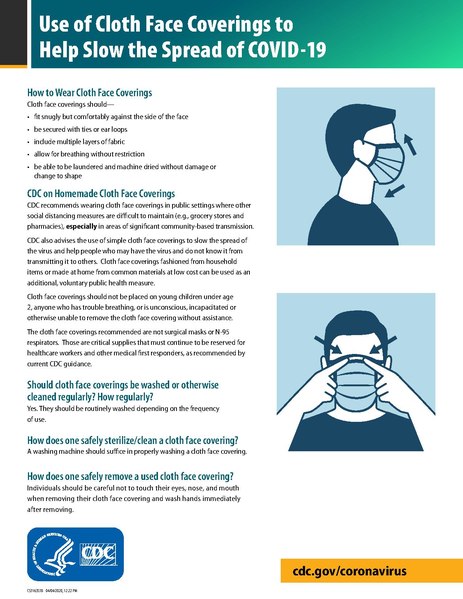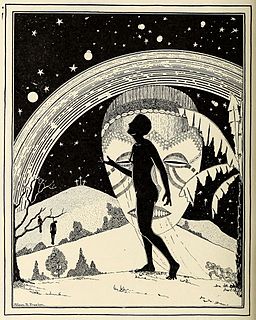I.C.U.

Guidance* from the CDC. Odd that the person in the illustration has no eyes. The mucous membranes of the eyes can be an avenue for the coronavirus into the body. As in the illustration, the masks most people wear do not cover their eyes.
Another kind of signaling that comes with wearing these masks is being done by companies that are still open for business and dealing with the public more or less face to face, such as in retail establishments. Some companies have started requiring their employees to wear masks, and some even require customers to wear them if they want to do business inside the store. The owners and managers no doubt mean well, and there is no reason to expect they would be any wiser to the relative ineffectiveness of the masks than the general public, but there is still a taint of virtue signaling in their new policies. They say they are merely following Centers for Disease Control (CDC) guidelines, and so they are. Meanwhile it doesn’t hurt their bottom line to trumpet to consumers the safety measures they have undertaken on their behalf, even though one of those measures – wearing masks – is almost entirely cosmetic.
From the 1984 concert film Stop Making Sense, directed by Jonathan Demme, Talking Heads guitarist and singer David Byrne and bassist Tina Weymouth perform “Heaven”, with backup vocals by Lynn Mabry offstage.
The worst part of requiring employees to wear masks at all times when dealing with the public is that it may increase the workers’ chances of becoming sick with the coronavirus. It is one thing for a shopper to don a mask for half hour or hour stints, and quite another for a worker to wear a mask for an entire eight hour shift. A mask is often uncomfortable and requires frequent adjustment, leading the wearer to touch their face more frequently than they might if they wore no mask at all. Unless a worker exchanges their mask daily for a fresh one, the result can be unhygienic to the point of defeating any purpose to its use. The cloth masks and bandanas can be especially bad unless they’re washed or exchanged daily. Go ahead and wear a mask if it reassures you and others you encounter in these troubled times, just don’t harbor any delusions about its effectiveness, leading you to neglect the crucial measures you can take to stay healthy, like washing your hands frequently and keeping your distance from those others you’re trying to signal.
— Ed. 
* Update: This news story illustrates how the CDC has bent to the political winds blowing from the White House, to the detriment of the health of all Americans as well as the CDC’s outstanding reputation.


